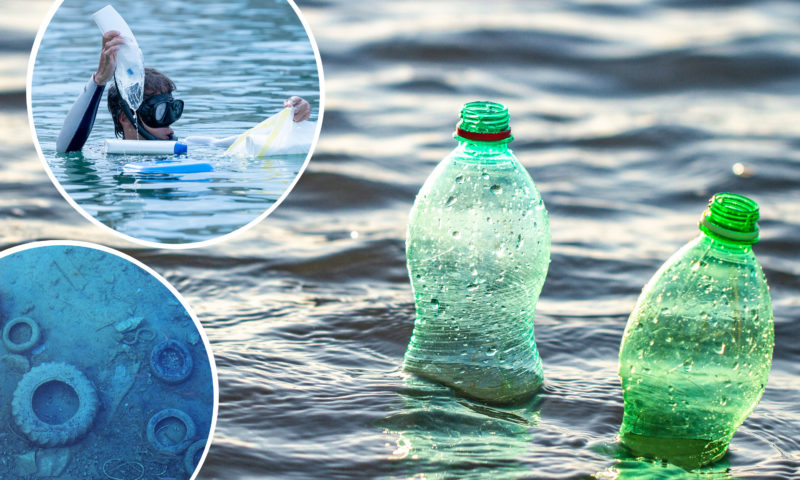
When the sun is shining its hottest, the best way to have a good time is definitely bathing in the cool waters of the sea. That blue expanse you’re about to enjoy your off days on is screeching a desperate call of distress. With more than 7,000kgs of plastic dumped in the oceans, this threat is not a joke.
As part of our ‘How To Be An Environmental Hero’ series, we’re following our latest article with another one that focuses on the simple methods boaters can adopt when out at sea; to expose the harmful effect untreated garbage has on our planet and suggest a couple of simple methods to play a much more important role to protect Earth.
Start off by following the #WaveofChange mission and pick up at least 3 pieces of trash, wherever you go. Heading out at sea this August? Here are four simple things you can do to earn that environmentally-friendly boater badge.
DIVE FOR A GOOD CAUSE
If you’ve never heard of the environmental legend Raniero, then you need to check out the underwater clean-ups he organises around Malta. Take a leaf out of his book and put the goggles and flippers to good use. Anchor at a safe location, take a dip and examine the sea floor for any trash that you can clean up. Turn the exercise into a recreational game by inviting your boating companions to join in. See what unusual bits you can get hold of. Whoever gathers the most trash is declared the winner, and gets a chilled beer to mark his triumph.
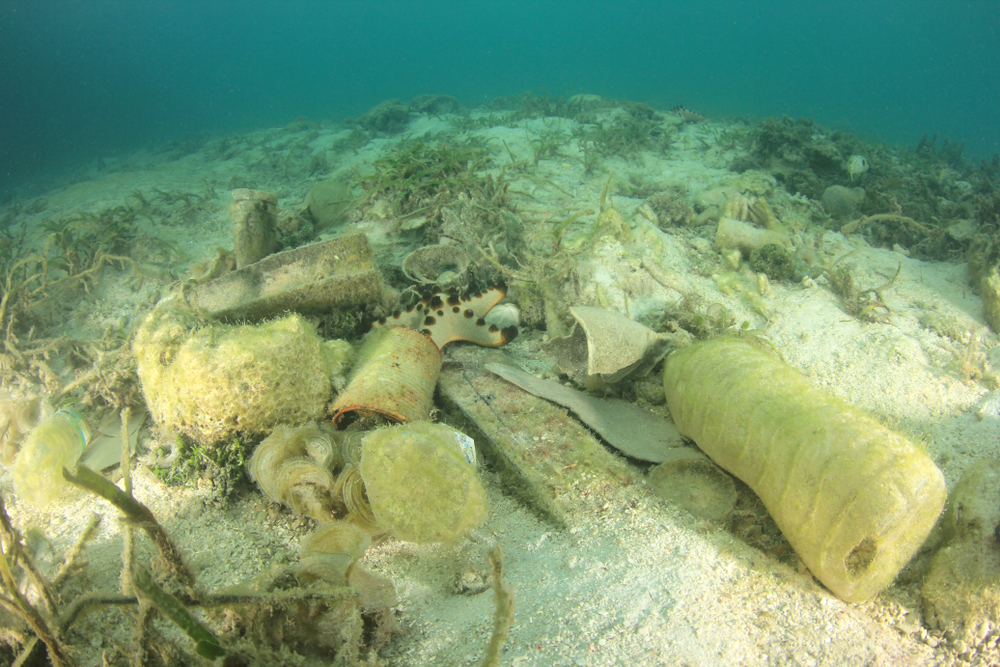
PREVENT OIL LEAKAGES
Oil spillage is a dreadful occurrence when at sea. Whilst everything could have looked in order before cruising out, leakages can occur at any time – leaving the boat owner worried about the engine complications and the devastating effect on the sea. Oil’s toxic effects may have a severe impact on the ecosystem.
Lubricant leakages pollute the sea, desecrate the marine life and harm other animals crossing the distances. Before heading to sea, ensure an emergency supply of shovels and special tanks are present onboard to collect contaminated liquids. Oil can be disposed of properly when back on land.
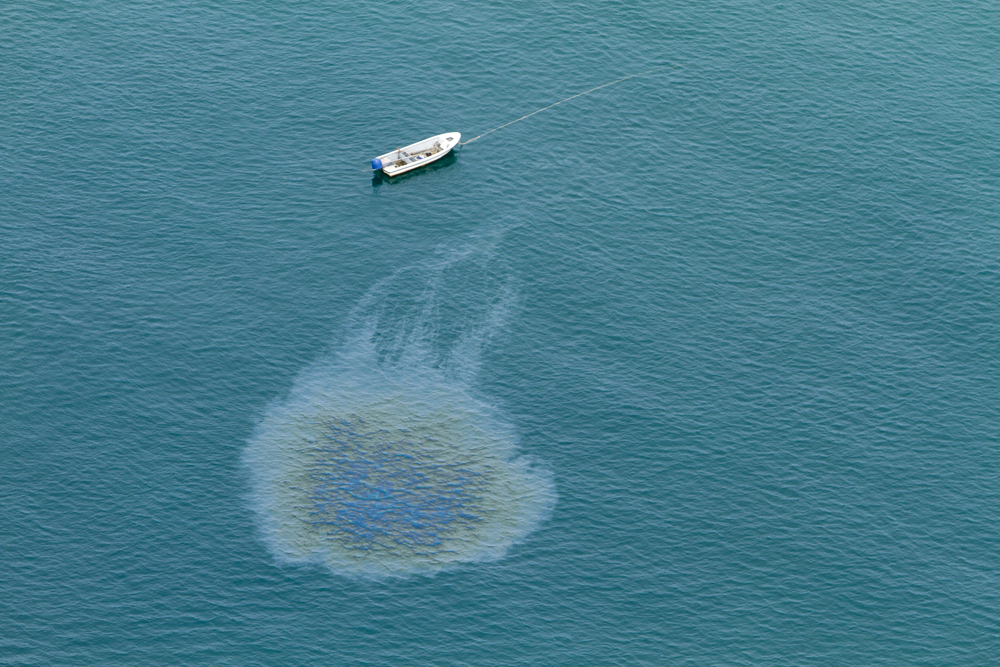
DISPOSE OF RUBBISH AT HOME
The massacre our planet is facing has ensued following incorrect disposal methods and tremendous littering. The WWF documents how one of the main constituents of pollution is the lack of proper recycling. A boat might not have enough space for several bins, but recycling can take place when you head back home. Store organic bags onboard to dispose of food refuse directly in its ideal container, whilst additional garbage can be thrown away in one bag and placed in their ideal containers back home. Never leave plastic wrappers on deck – a gust of wind can blow them in the sea.
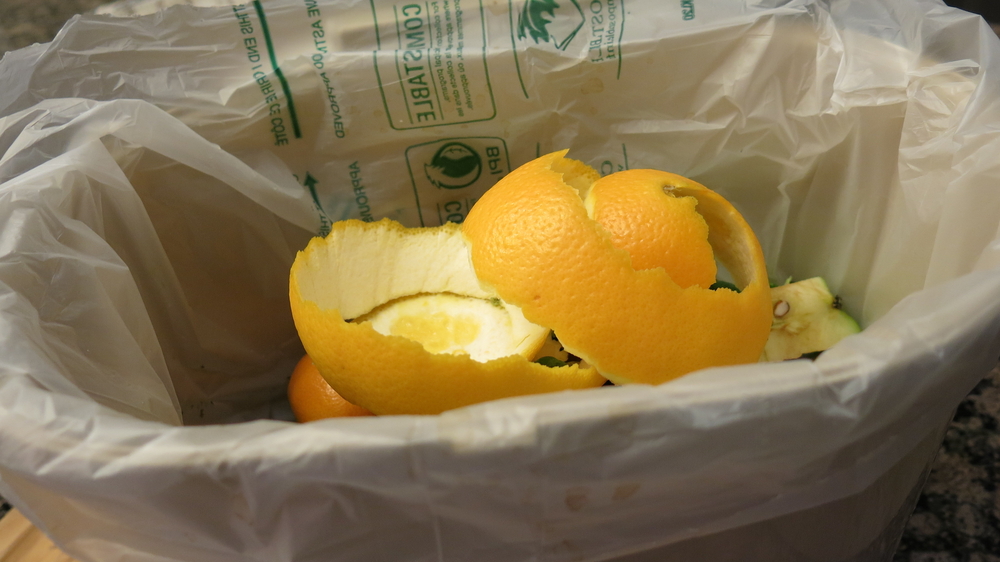
DON'T FEED THE FISH
Most of the food we consume is made out of organic materials, so it will disintegrate by time. However, similar to any other rubbish, leftovers or food scraps should not be disposed of in the sea. This habit might stick, and whilst food materials are not harmful, any other matter such as tin cans, foil and plastic cutlery can do serious damage. All the effort would be lost.
No one likes to swim in foul waters, so if you’re anchored in an area prominent with other boaters, keep the food scraps in the organic garbage bag.
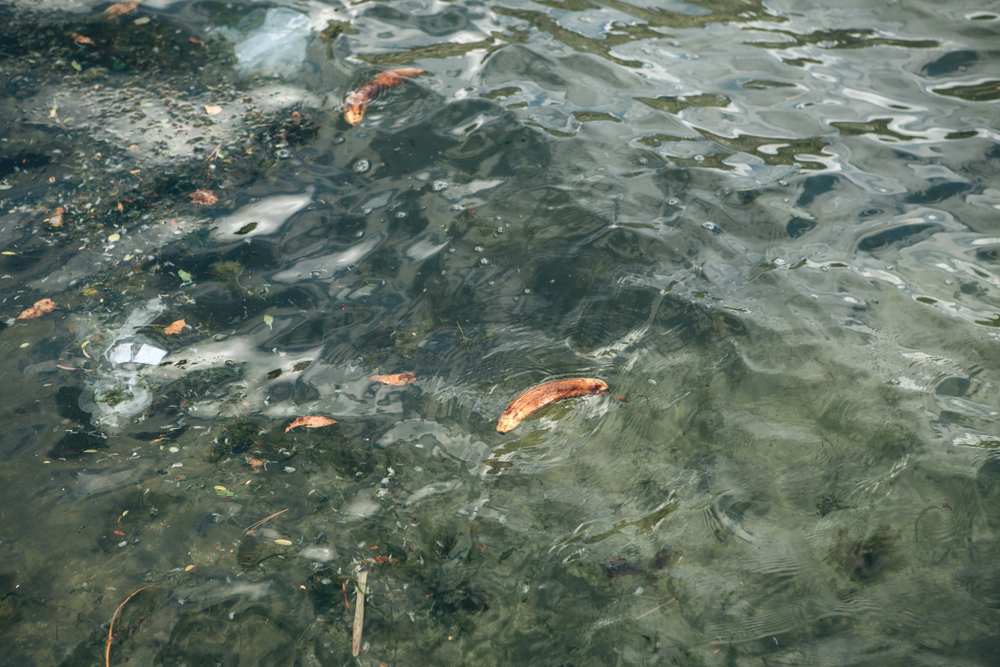
Greater discoveries are being made on the severity of sea pollution. The Pacific Ocean Garbage Patch is a testament of past mistakes, as it is considered the largest plastic dumping ground on Earth. Let’s avoid further mistakes – every little truly counts.
